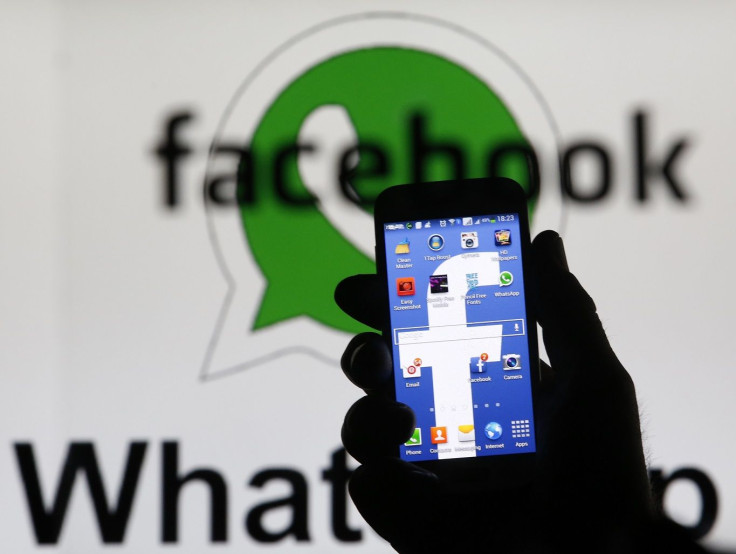Facebook Messenger: Using the chat app without the social media site

It remains impossible to use Messenger without getting Facebook, its parent social networking app. But what may be harder to imagine is Facebook founder Mark Zuckerberg finally deciding to make it a standalone mobile application, since it did everything in the past to convince users that for them to access the Message tab on the browser, they have to get Messenger first.
However, recent developments in the world’s largest social networking site suggest it can finally happen. In fact, it did, though it remains in beta mode and limited only to select countries. Users from Canada, Peru, Venezuela and the US could now use Messenger a la Line or Viber with just a mobile phone number. The reason: to reach consumers who aren’t into social media but love the idea of being personally connected with their loved ones. But the more plausible and believable motive would be to dominate the chat niche.
"With this update, more people can enjoy all the features that are available on Messenger — including photos, videos, group chats, voice and video calling, stickers and more,” Facebook Software Engineer Louis Boval wrote in a blog post.
As of now, it’s uncertain if this rollout will soon be global, as it still depends on its success — that is, if standalone messenger apps loyalists would completely jump to Messenger for good.
Part of revamping Messenger is making it available even to light chatters or those who want to use the app for more important matters such as hailing a cab. On Monday, Uber competitor Lyft announced that its passengers can now request a ride via the Messenger app. But it remains limited only to select areas at the moment.
Nonetheless, Lyft promised that the new feature, called "Messenger x Lyft,” will be easy to understand as it aims to make its services not only more available to many, but also more accessible and seamless. Hailing a cab will be as simple as tapping on the "Transportation" icon, choosing "Lyft," and then pressing "Ride." From these, the system will take over, and what the passenger needs to do is confirm the order/ride, and wait.
In December, however, Uber also signed a similar partnership with Facebook, called Transport on Messenger , which has been live since December. Another updates on Messenger are the integration of GIFs, send to many and video call.
On a global scale, Zuckerberg’s dream of offering free Internet — and Facebook— to Third World countries seems to be the grandest. It is the same case competition-wise, as it appears to challenge Google’s dream of achieving similar feat.
Other tech brands jumping to the bandwagon are Virgin Galactic and SpaceX, all of which promising extremely cheaper, if not totally free, Internet for the masses.
"[The reason behind this is that] everybody understands that [the Internet] is a platform that is absolutely critical for social and economic development," Sonia Jorge, executive director of the Alliance for Affordable Internet, told CBC News.
Meanwhile, smaller tech brand 5B AR z International (OTCQB: BARZ) follows a different route by helping infrastructure problem-beleaguered countries improved their consumers’ mobile signal through its revolutionary network enhancer device. Last year, the US-based company has received a warm welcome from two Tier One telcos in India. Among which is Vodafone, the country’s second largest network carrier.
The same country, ironically, rejected Zuckcerberg’s plan of offering free Internet to its rural areas. The reason is that the free service called Free Basic will only allow unlimited access to select websites that include Facebook, which makes it more of a business endeavour than a philanthropic one.
"But it's that hitch — that they can't access everything else — which is precisely the problem, said Sunil Abraham, the executive director of the Centre for Internet and Society India,” wrote CNET tech journalist Daniel Van Boom.
Thus, what Zuckerberg needs to do is to revisit the details of his global advocacy, make it more open and appealing to many. Although he said that Free Basic is open to all and any developers , it remains a short-term, even limited, solution to the global disparity in Internet speeds among countries with smaller economies.




















